Summer is the perfect time to get outside and enjoy the warm weather. However, if you spend time in the sun without sunscreen, you could seriously harm yourself. Tanning does not always lead to a burn, however, its consequences are not very pleasant in any case. The consequences of sun exposure can be inflammation, swelling, and an allergic reaction. In short, you are causing yourself serious harm. Study this list to learn in detail about all the possible consequences of tanning.
It destroys the immune system
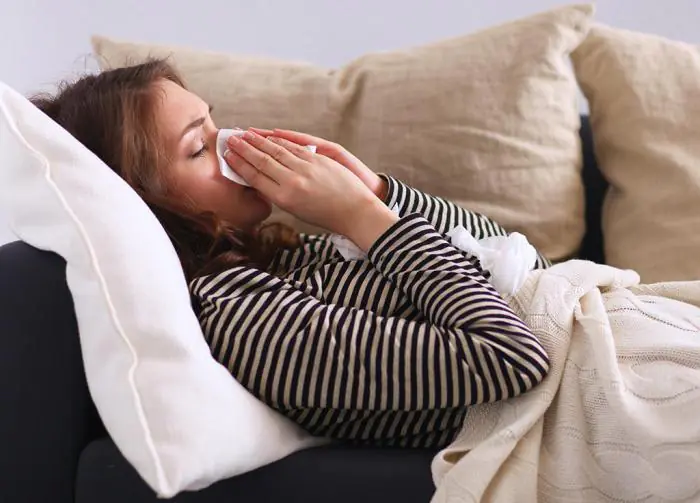
When the skin burns in the sun, the number of so-called Langerhans cells in the body decreases. These cells are the body's first line of defense against infections that penetrate the skin. Without them, the body is much more susceptible to disease. It's not just the burned area that suffers; According to research, the immune response changes throughout the body. Simply applying sunscreen regularly can help prevent this.
This can lead to herpes
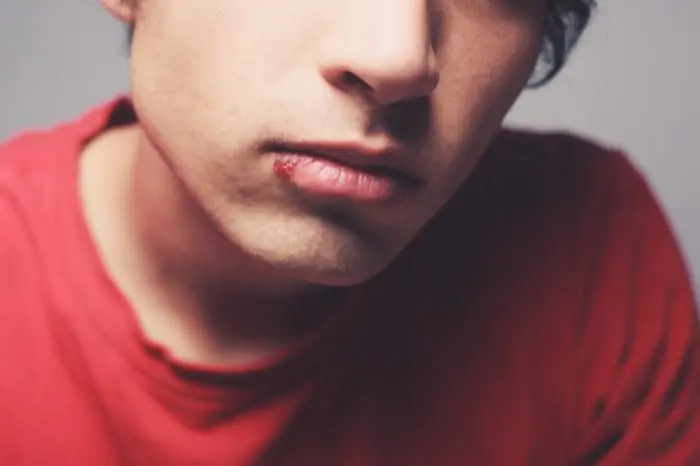
If you have experienced herpes, spending time in the sun without sunscreen is not a good idea for you. According to statistics, excessive exposure to sunlight weakens the immune system and leads to an exacerbation of the virus. Scientists noted that out of 38 people with herpes, 27 experienced an exacerbation of the problem after exposure to the sun. If you go outside with sunscreen, there will be no traces of herpes.
It may cause bloating

Burns can cause an inflammatory process, which causes the body to retain fluid. Sometimes the swelling is so severe that you may notice a weight gain of several kilograms!
It harms your eyes

Like any other organs of the body, the eyes are susceptible to the negative effects of ultraviolet radiation. The risk is especially high for them because traditional sunscreen cannot protect them. If you are not careful, you may end up with photoconjunctivitis. This is a reversible condition, but extremely painful - it makes every movement of the eyelid unpleasant. High-quality sunglasses with a special filter on the lenses will help protect against it.
This can lead to a flu-like condition
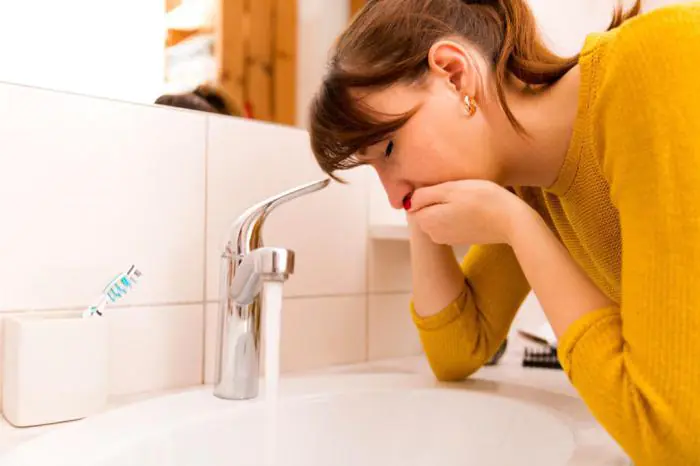
As if the pain of the burn wasn't enough! According to experts, exposure to sunlight can lead to fever, chills, fatigue, nausea and vomiting - all symptoms very similar to those caused by the flu.
It causes lupus to flare up

Lupus is an autoimmune disease that affects millions of people around the world. In this disease, the cells of the body attack themselves. The disease can occur in a latent form, but exacerbation can quickly manifest itself - just spend time in the sun. A sunburn or burn will cause the rash characteristic of lupus and lead to fatigue and joint pain.
This poses a risk for pregnant women

During pregnancy, a woman should take special care not to harm the baby. Of course, every woman knows that she should not smoke or drink alcohol during pregnancy. However, even something as simple as sunlight can cause problems - a burn could potentially cause birth defects, premature labor or even miscarriage.
This leads to dehydration
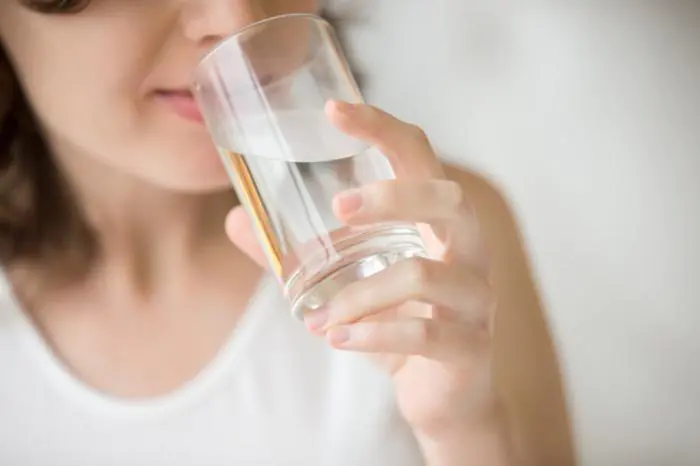
Skin damaged by ultraviolet rays swells, causing fluid to leave other areas of the body. This lack of fluid causes dehydration, which in turn can lead to dizziness and muscle fatigue. Normal fluid intake will help cope with such discomfort as soon as possible.
It may harm your feet

Not long ago, the story of a runner who was badly burned became widespread. She suffered severe burns along the entire length of her legs, and the recovery process was extremely painful. During the recovery period, the pressure from walking or just standing made the pain unbearable. As a result, the woman was immobilized. Among other things, improper treatment could lead to the spread of infection, which made the situation even more dangerous.
This leads to hives
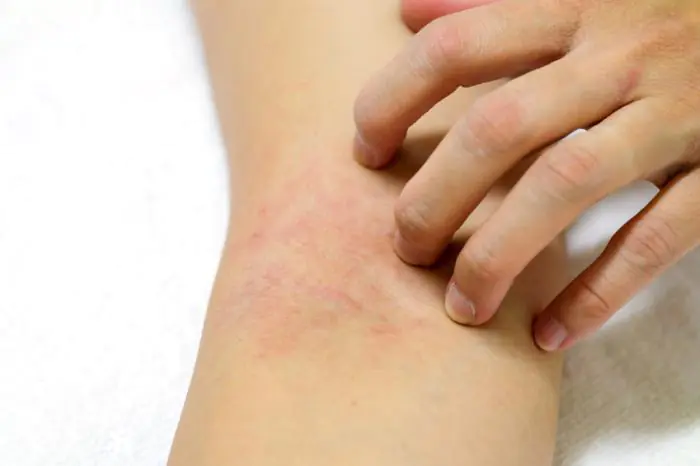
People who take medications like tetracycline or certain birth control pills may notice that their skin breaks out in a rash after a day at the beach. This problem usually disappears within 24 hours, however, the rash is painful and unsightly, which can be a problem in the summer when clothes are exposed.
This causes acne to worsen
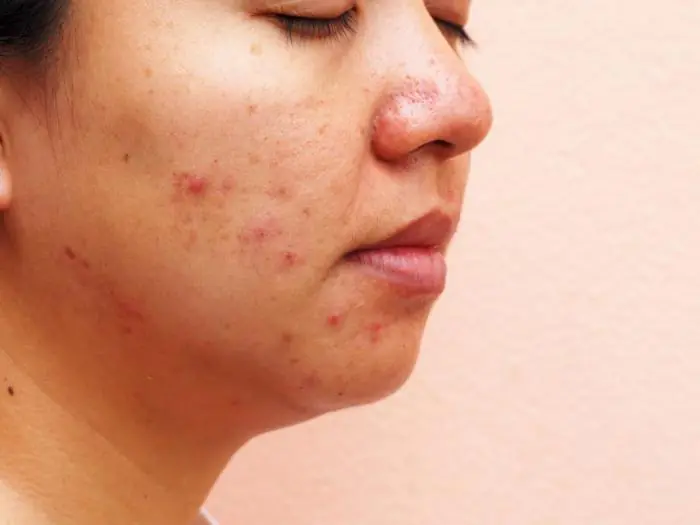
Excessive sun exposure can dry out your skin. For people with acne, this will cause a serious worsening of the problem. Even if acne is not chronic, breakouts can become severe due to exposure to sunlight, which increases sebum production.
It affects fertility

It's hard to believe, but excessive sun exposure reduces a woman's chances of getting pregnant. Research shows that ultraviolet light affects folic acid levels in the body, and folic acid deficiency can lead to miscarriages and developmental defects.
This leads to shortness of breath

Feeling short of breath may seem like a sign of a productive workout, but at other times you still want to breathe freely. However, the sun can interfere with this - one of the symptoms of heatstroke is shallow breathing. In this condition, you should immediately consult a doctor.
This may cause a stroke

The heart is the most important organ of the body and should be protected at all costs. Unfortunately, overexposure to UV rays means increased levels of vitamin D, which can cause stroke or heart attack.
Your tongue may become swollen

The skin on your lips can also burn. If the damage is severe, the tongue may swell and breathing may become difficult.
It accelerates skin aging
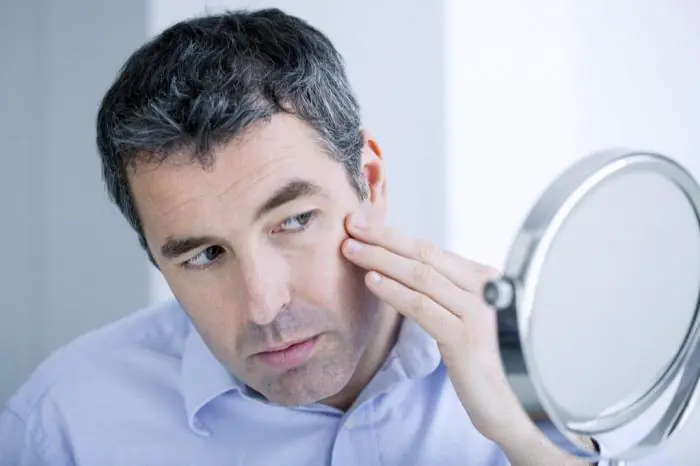
Both women and men are willing to spend a long time searching for the perfect anti-aging product. However, many do not think that the main danger is the sun. Exposure to ultraviolet radiation destroys cells, which accelerates the appearance of wrinkles.
This may cause itching

In rare cases, sun exposure can lead to severe itching. It is almost impossible to cope with discomfort in this state; even a cold shower only worsens the pain. It is very difficult to bear such a condition.
This leads to exacerbation of psoriasis
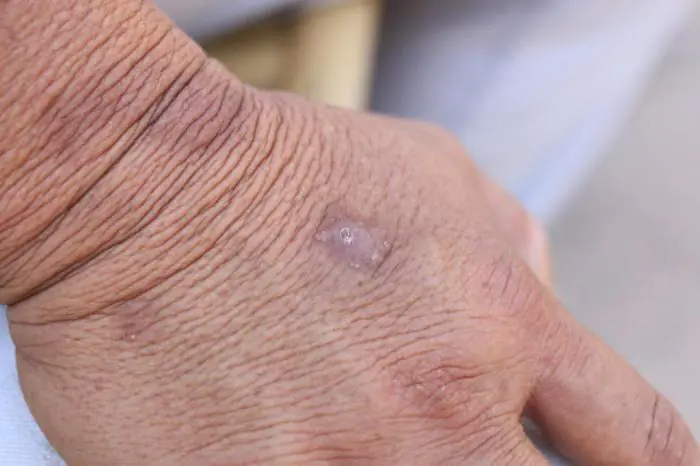
Millions of people around the world live with psoriasis, an autoimmune disease that causes patches of irritated skin throughout the body. Doctors cannot explain what causes this problem, however, one of the reasons for exacerbation is sunburn.
It worsens autoimmune diseases

Myositis is an autoimmune disease that weakens muscles. Research has shown that women with myositis who are exposed to high levels of ultraviolet light are more likely to develop a severe form of the disease. It results in a painful rash coupled with muscle weakness.
This leads to severe headaches

If you suffer from headaches or migraines, you should be aware that sun exposure can worsen your discomfort. Even if you don't get headaches too often, sunlight can be a culprit.
We would be more careful about what we expose our skin to if we were aware of the consequences of sunburn. Oh the stupid things we did to look attractive! Do you remember sitting in the sun trying to get a dark tan? Remember looking in the mirror and thinking, “How great I look!”? But the tan only lasted a few days and then it disappeared. Those few days of “looking good” could actually be causing the wrinkles and dark spots you have today.
Yes, sun exposure destroys the integrity of our skin more than anything else. Regardless of whether we use sun protection or not, the sun's radiation is still very dangerous for our skin. It doesn't matter whether we use sunscreen, high-filter sunscreen lotion or sunblock. Although they are somewhat effective in blocking some UV rays, in reality these drugs only give us a false sense of security. Applying sunblock is like wearing sunglasses during a nuclear explosion. Yes, the sheer magnitude of the light may not affect you, but you are still exposed to other nasty effects.
Is it possible to get a safe tan?
Don't fool yourself into thinking there is such a thing as a "safe tan." He really doesn't exist. When your skin becomes dark, it is actually a defense mechanism against further exposure to the sun's rays. It's like a special suit that our skin puts on. It serves as armor to protect the skin from further radiation. When we see a beautiful tan on others, we think: “That looks great, I’ll tan a little more to get the same beautiful skin.” But this is strictly not recommended! A tan, even though it may look attractive, is actually a warning signal from our body and is created to stop further exposure of the sun's rays to the skin!
For best results it should be started when we are young. With just a few simple changes to your skin care regimen—such as “smart tanning” rather than over-tanning to the point of burning your skin—premature aging can be reduced. Therefore, the best advice is to stop deliberately exposing your skin to the sun's rays. Any products that promise you that they will relieve you from the effects of the summer sun are actually deceiving consumers. Once damage has occurred, it cannot be undone. However, the damage can be mitigated by using a natural anti-wrinkle cream that will provide the skin with nutrients.
Many people are afraid to stay in the sun for a long time, while some, on the contrary, like to sunbathe for a long time. However, not everyone knows what troubles can be brought upon themselves by neglecting the rules of protection. In order not to provoke diseases, but to get the maximum benefit from the sun, it is important to know the contraindications to tanning.
How do the sun's rays affect the body?
Sun rays are electromagnetic vibrations of different wavelengths. The ultraviolet stream affects the living organism, promoting the active production of melanin and the formation of a tan. There are 3 types of sun rays that affect humans:
- A - have the strongest level of impact. The wavelength of such radiation is constant throughout the year and ranges from 320 to 400 nm. This light flux can penetrate into the deep layers of the skin. With prolonged exposure, it promotes the destruction of collagen fibers, which provokes premature aging and cell transformation;
- B - active from 10 a.m. to 4 p.m. The wavelength ranges from 280 to 320 nm. This flow does not penetrate into the deep layers of the skin, affecting only the epidermis (top layer). This type of radiation stimulates the body's production of vitamin D, which promotes the absorption of calcium and strengthens bones and teeth. Excessive exposure of the skin to B-current increases the risk of hyperpigmentation and burns;
- C - have a low level of radiation exposure. The wavelength ranges from 170 to 280 nm. Since the rays are short, they do not harm human skin. C-flux is almost 90% neutralized by the ozone layer. Such radiation has virtually no effect on the body.
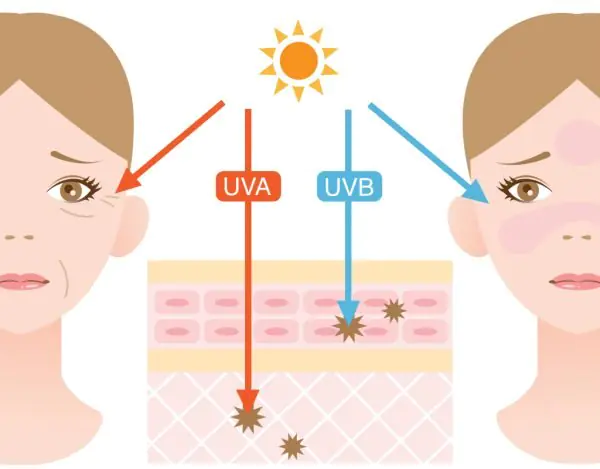
With a deficiency of ultraviolet radiation, a person’s immunity weakens, drowsiness and apathy occur, which especially often appear in the autumn-winter period.
Everything you need to know about the sun - video
What are the benefits of tanning in the sun?
Benefits of sun tanning:
- under the influence of heat, blood vessels dilate, thereby accelerating blood circulation and delivery of nutrients to tissues;
- When warming up under the sun, muscles relax;
- sun rays have a slight anti-inflammatory and analgesic effect, promoting the production of the hormone of joy;
- under the influence of heat, metabolic processes accelerate;
- brain function is stimulated;
- sleep improves and symptoms of apathy are eliminated.
The sun also has a positive effect on the condition of the skin, providing an antiseptic effect and provoking the death of pathogenic microorganisms. In addition, the body's resistance increases and the risk of various immunodeficiency diseases decreases.

Sunlight fills a person with energy, increasing mental and physical performance. The absence of ultraviolet radiation, on the contrary, contributes to depression and loss of strength.
What are the benefits of the sun - video
What are the dangers of excessive sun exposure?
Tanning in the sun without the use of special protective equipment can cause consequences, the most common of which are burns and heatstroke. A-radiation is also dangerous because it affects the genetic apparatus of the cell, provoking changes in DNA, which can result in skin cancer, which is considered a distant consequence and appears only years later.
The risk of melanoma formation increases in people with fair skin and a large number of moles, since in this case even 15 minutes in the sun without special means can result in a burn. A dark-skinned person has natural protection from ultraviolet radiation, so the risk of “burning” is lower.

- early appearance of wrinkles;
- progression of breast diseases (especially in the presence of fibrocystic mastopathy);
- worsening of pathologies of the heart and blood vessels;
- dry skin;
- temperature increase.
Prolonged exposure to the sun without a hat, Panama hat or cap is fraught with disturbances in the functioning of the heart, increased blood pressure, headaches, nausea and depression of consciousness. This condition is dangerous and can cause death.
I don’t like sunbathing, because I think it does more harm than good. In addition, I have fair skin that burns quickly, resulting in discomfort for a long time. I like to be in the sun, but I also use protective creams. Of course, I don’t get a tan, but my mood improves. I often spend no more than 20 minutes in the sun.
Contraindications to tanning in the sun
Absolute medical contraindications include:
- acute diseases, including viral and bacterial;
- increased body temperature;
- fibrocystic mastopathy;
- benign and malignant tumors;
- tuberculosis;
- heart failure;
- coronary heart disease;
- uterine fibroids;
- diseases of the central nervous system, in particular epilepsy;
- postoperative period;
- severe dermatological pathologies.
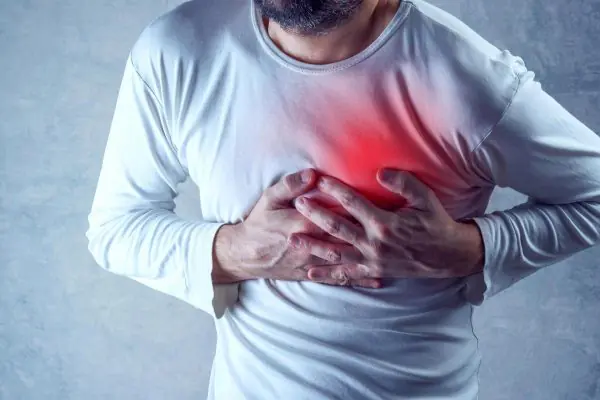
- thyroid diseases;
- pregnancy;
- high blood pressure;
- diabetes;
- a large number of moles;
- vascular nevi;
- tendency to hyperpigmentation;
- too pale skin.
Resorting to tanning is also not recommended if you feel generally unsatisfactory, especially if you have headaches, nausea and weakness.
When is it better to avoid sunbathing?
It is recommended that persons with allergies to ultraviolet radiation avoid sunbathing. In this case, the patient experiences burning and itching of the skin. Also, those who take medications that increase sensitivity to ultraviolet radiation should not sunbathe. These can be creams for pigmentation and acne, as well as medications containing antibiotics and retinoids.
When to postpone sunbathing:
- within several weeks after the introduction of Botox, hyaluronic acid and the use of acid and carbon peels;
- during therapy with hormonal drugs;
- after removal of moles or age spots using laser for 3–4 weeks.
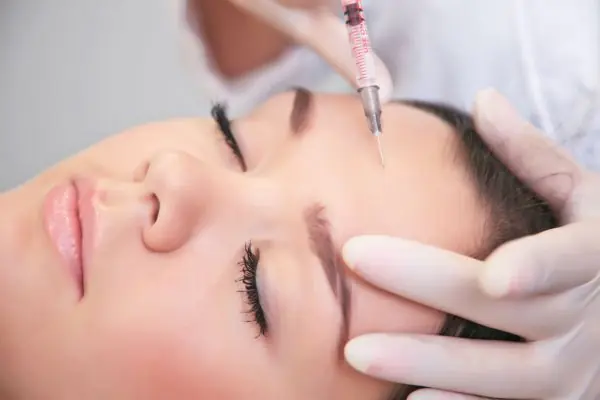
It is recommended to refrain from sunbathing after an abortion, no matter how the intervention was carried out. The same remark applies to the postpartum period. It is advisable to refrain from sunbathing for at least 4-6 weeks.
Side effects of tanning
If you approach tanning in the sun incorrectly, you can encounter a number of side effects, the main of which are:
- tingling, redness and burning of the skin;
- the formation of dark spots on the face and body;
- peeling;
- increased body temperature;
- dizziness;
- bad feeling;
- thirst.
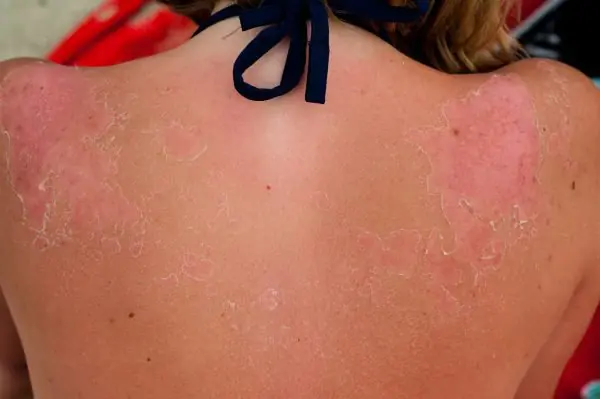
Attention! If after sunbathing your skin hurts a lot, fever, nausea and vomiting appear, then it is important to consult a doctor immediately.
What is better: natural or artificial tanning?
If you look at some studies in the field of natural and artificial tanning, you can conclude that the second option is more dangerous for the human body than the first, since the radiation dose in the latter case is higher. In addition, according to WHO research and after a number of experiments, it turned out that tanning beds are one of the carcinogenic factors that can increase the risk of skin cancer.
On July 28, 2009, the International Agency for Research on Cancer listed tanning beds and ultraviolet lamps as carcinogens. This means that ultraviolet radiation from solariums is officially recognized as a cause of cancer.
Kruglova L.S.
http://www.physiotherapy.ru/specialist/metod/svetoterapya/iskusstvenniy-zagar.html
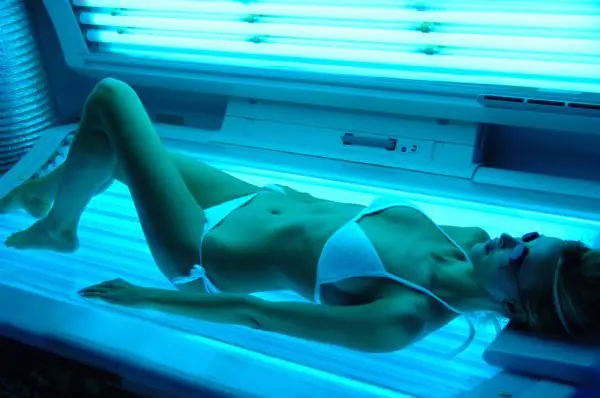
The solarium uses a selected spectrum of ultraviolet radiation, which promotes the formation of a tan. In artificial lamps, the light is many times more active than sunlight, so it has an aggressive effect not only on the skin, but also on the retina, if the eyes are not protected with special glasses. In tanning salons, A-currents are usually used, which are able to penetrate the dermis (deep layers of the skin), provoking malignant transformation of cells. Natural solar radiation is considered safer and healthier for the body.
Artificial tanning is considered a provocateur of photoaging and skin dehydration, and also contributes to the appearance of cataracts and vision impairment.
Harm from solarium - video
Sunbathing should be taken wisely and only if there are no contraindications. Small doses of ultraviolet radiation are beneficial to human health and are necessary for the full functioning of the body. However, uncontrolled tanning can cause dangerous complications.



